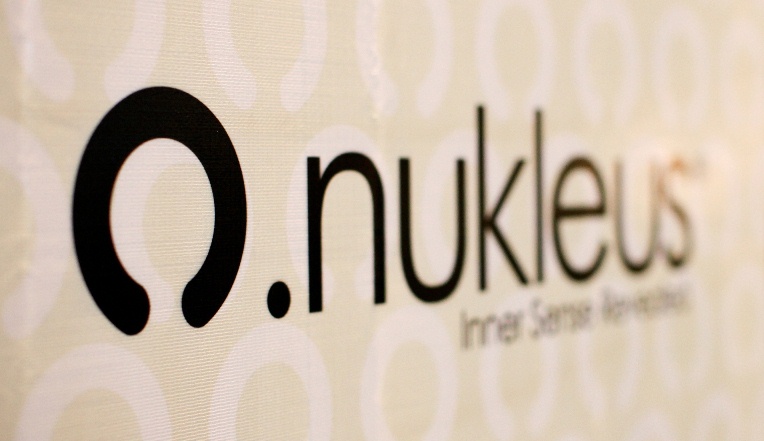 | |
| Nukleus CEO CW Tan |
Sustainability, ‘green’ and ‘eco’ businesses are still not mainstream, even in Europe and the US. In Asia, they are even more of a novelty, with consumers, and potential customers, still largely unaware of how to create a healthier lifestyle - for themselves, their families and the planet - by consuming less and more ethically.
But this hasn’t stood in the way of Nukleus CEO, Cheng Woi (CW) Tan. A man with a mission, and a vision, he is determined to bring sustainable basics and innerwear from Penang to the world. And he’s confident that the Asian consumer is waking up to the hazards of toxic innerwear. ‘The number one challenge in Asia is market acceptance of the importance of healthy and safe innerwear,’ he observes. ‘In the US and Europe it’s different.’
Tan is concerned that in SE Asia, although consumers may be aware of environmental issues, they are still very ‘price driven’ when it comes to purchasing items. According to a recent Neilson survey, in Malaysia, 80% of consumers say they support green products, but, according to Tan, ‘when it comes to parting with dollars, it’s a different story - their actions can be quite different!’
But Tan refuses to be put off by this. ‘The big challenge for Nukleus is that our product needs awareness and education...and that doesn’t happen overnight. Then we have to fight against many brands using chemical cotton. Unless consumers are very savvy, they tend to buy branded international products, which may be cheaper than us.’
To deal with these issues, CW has a multi-pronged approach.
First, focusing on being a niche player in the organic/eco sector, and working on consolidating and expanding this market.
Secondly, he has a long term approach, appreciating that taking on the mainstream is a lengthy process.
Key to success is negotiating and leveraging the supply/demand side of the value chain. So long as the demand side (customer base) is relatively small, this weakens the negotiating power with the suppliers. In order to shift from conventional cotton to organic, farmers need to grow cotton for three years without chemical contamination. “For the group we visited last year, it’s a big challenge to go for three years without an income,’ explains CW.
Finally, there are issues of raising standards further down the supply chain in terms of processing and dyeing yarns. ‘If we can provide big orders, then it becomes much easier to convince our supply chain to make the switch to organic textile processing methods’.
 |
| CW Tan with farmers at an organic cotton farm at the village of Nava Sudamara, Gujarat, India |
As in any developing business, this gestation stage requires huge efforts and investment to move forward. ‘I tell my distributors, if you want to do this business, you need to delay gratification!’ laughs CW. ‘Eventually it will pay off’.
Keeping motivated is key for the entrepreneur. ‘Commitment, staying power, determination, it all has to be there,‘ observes Tan. ‘You have to see beyond making money. We are mission-driven. You have to see things in the right manner to see other ways of generating cash flow. We have a mission and a purpose. We can help people, and everything has CSR implications, but we need to take care of the bottom line, we cannot just be philanthropic.’
Tan is working towards a major breakthrough in the next two to three years, which will give Nukleus the quantum leap necessary to move it up to the next level.
‘In terms of demand, it’s all very scaleable. If a major retailer in the UK, US or Europe, took on the brand, we know that it will have a tremendous positive impact for us in Asia.’
 | |
| Nukleus organic cotton vest |
Tan is resolute and positive about the future. ‘We have many followers and loyal customers. The opportunity can come at any time...we’re hoping to break through in the next two years.
‘Consumers can decide whether this brand will continue to exist or not. It’s up to them to use their purchasing power to do something good for themselves and the environment. We’re talking about underwear, which you wear all day long next to your skin. If just 5-10% of consumers bought Nukleus basics it would make a huge difference to themselves and the environment. It’s not just about clothing, it’s also about saving the planet.’
